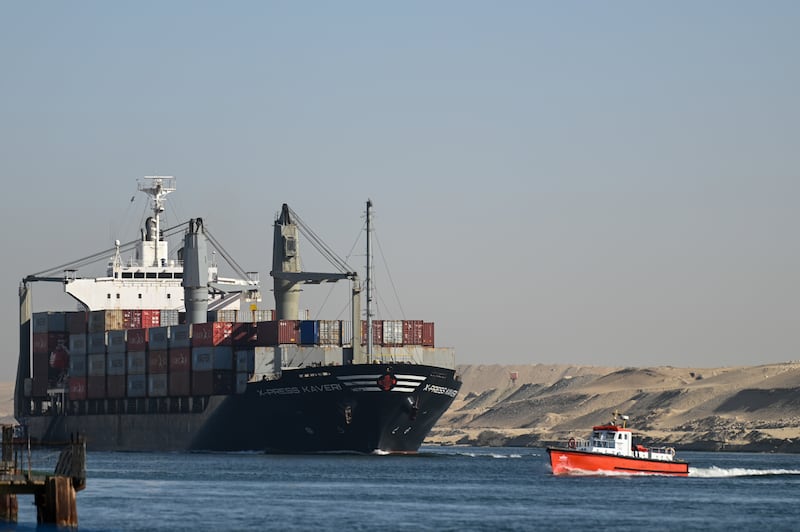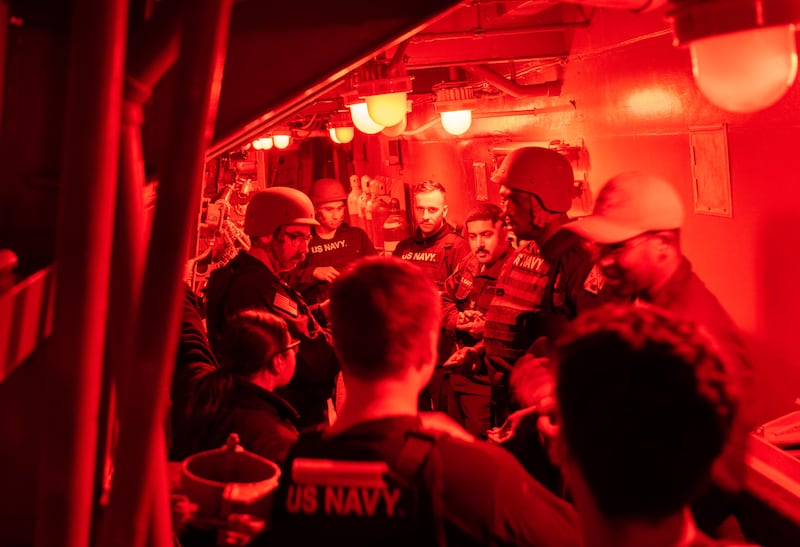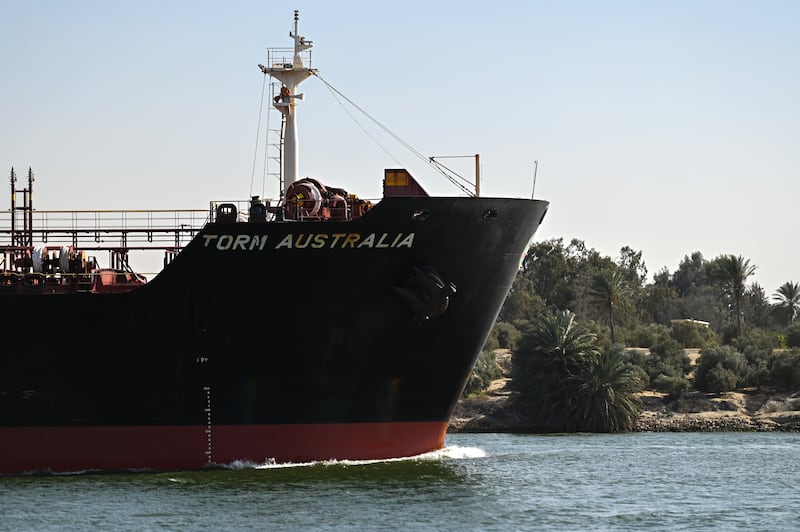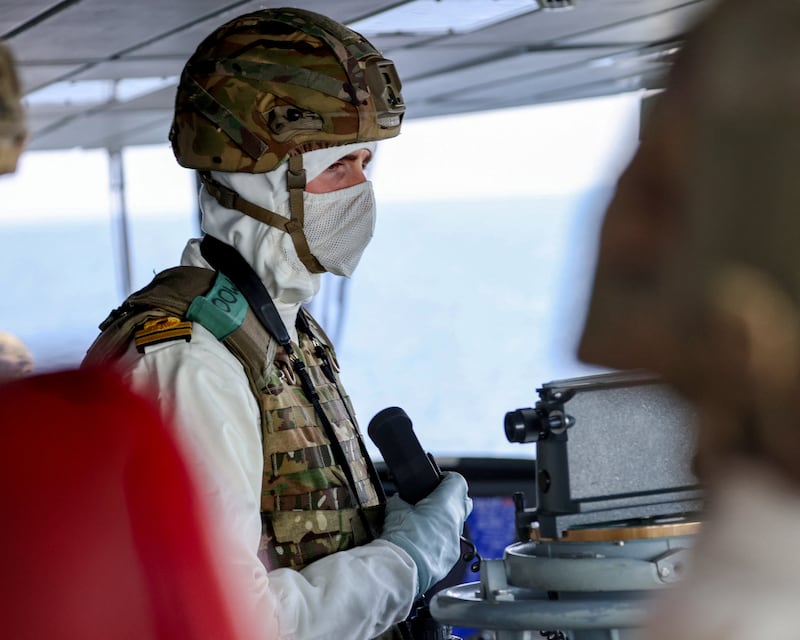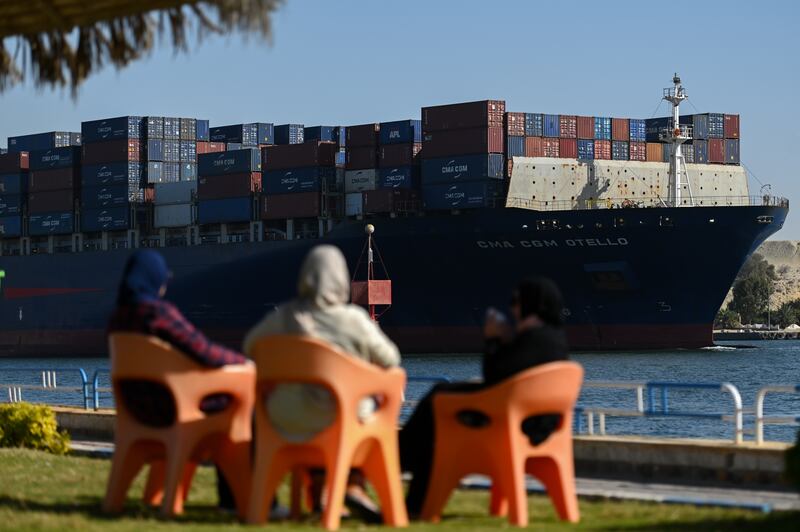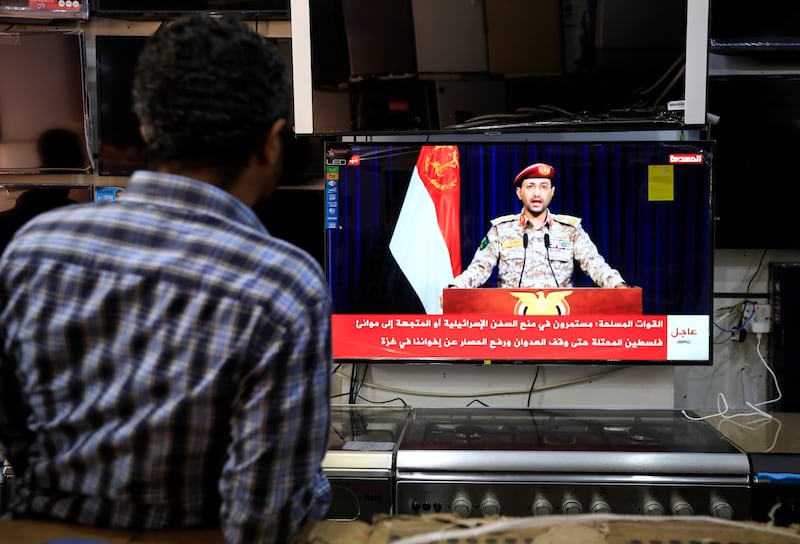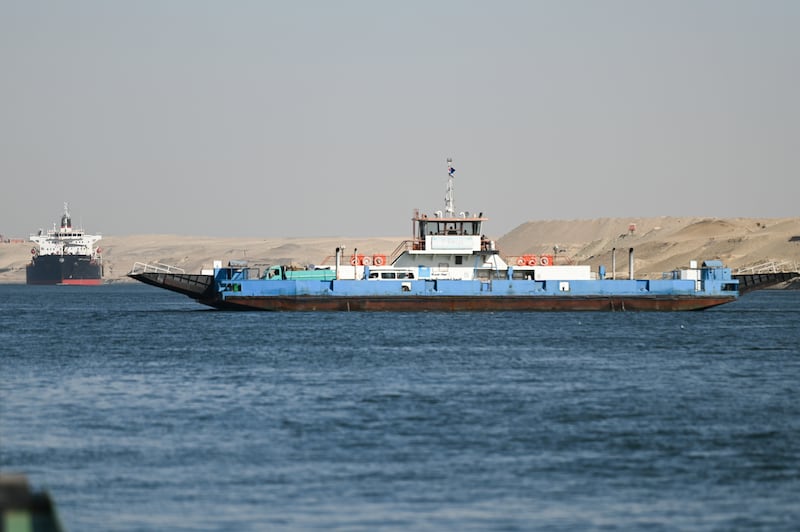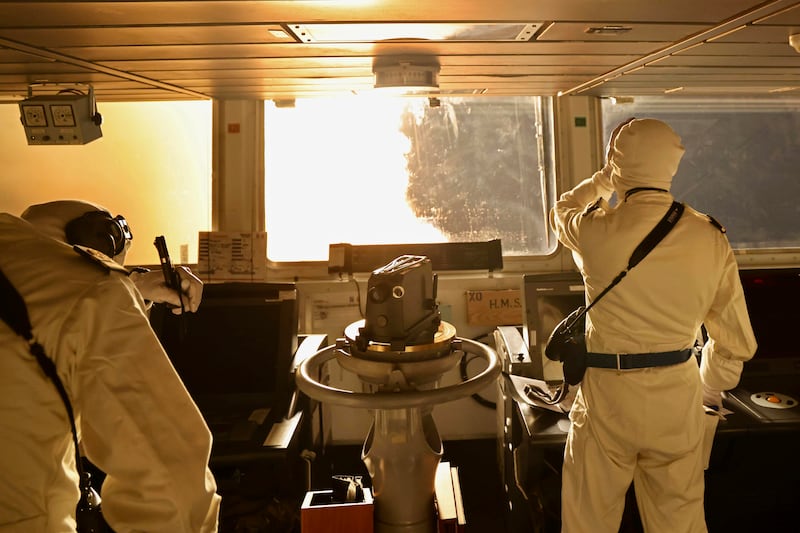Much has been made of the disruption inflicted on global trade by the continuing attacks on commercial shipping in the Red Sea being perpetrated by Yemen’s Houthi rebels – and for good reason.
It is not just the balance sheets of major companies that have been affected. The militants’ missile attacks and drone strikes, as well as their seizing and sinking of foreign-flagged vessels has hurt the economies of a number of countries such as Egypt, where a drop in Suez Canal revenue has had serious implications for many vulnerable citizens’ livelihoods. This is nothing to say of the ecological damage wrought by the Houthis’ sinking of a cargo ship full of fertiliser on March 2 and the increasing costs imposed on getting critical aid deliveries through the Red Sea to Sudan, where an estimated 18 million people face acute hunger.
But it is the direct human cost that is the most tragic consequence of this 21st century brigandage. The deaths of three sailors in a Houthi missile attack on a tanker in the Red Sea last week has stoked fears among the seafaring community, with some looking to abandon their contracts and return home. Chirag Bahri of the International Seafarers’ Welfare and Assistance Network told The National this week that “companies are suffering a lot and obviously there's a lot of tension among seafarers”. Mr Bahri, a former seafarer who was himself held hostage by Somali pirates, understands more than most the trauma and fear imposed on ordinary workers caught in the firing line. As he observes, although it is not in pirates’ interests to harm their captives, “if a rocket hits your vessel in the oil tank or somewhere on the bridge – it is catastrophic”.
The Houthi movement is ostensibly an anti-imperialist one that claims to act in solidarity with beleaguered Palestinians, but an examination of their tactics and targets tells a different tale. In addition to the chief officer, bosun and cook killed on board the Barbados-flagged True Confidence last week – an attack that also injured several other sailors, one of whom lost a leg – question marks remain about the fate of the 25 crew members of the Galaxy Leader who are languishing in Houthi custody after their vessel was seized by the rebels in November. Previous Houthi attacks in the region – such as their indiscriminate missile bombardment of Abu Dhabi two years ago – have killed and injured civilians unlucky enough to be in the wrong place at the wrong time.
The peril facing seafarers poses another threat to an industry already counting the cost of diverting goods, including crude oil, from the Middle East to Europe through the Cape of Good Hope in southern Africa. International legal frameworks exist to ensure sailors’ safety and welfare, affording them rights such as refusing to sail into high-risk zones. But many seafarers’ families depend upon their loved one’s salary for their sustenance, leaving these workers with little choice but to continue sailing in dangerous waters.
The anger and frustration at the international failure to stop Israel’s war in Gaza is real, but the mayhem unleashed in the Red Sea by the Houthis’ tactics is killing or injuring ordinary workers, endangering aid shipments and encouraging large-scale militarisation of a critical waterway. The human cost of Houthi actions is proving to be a high one.

